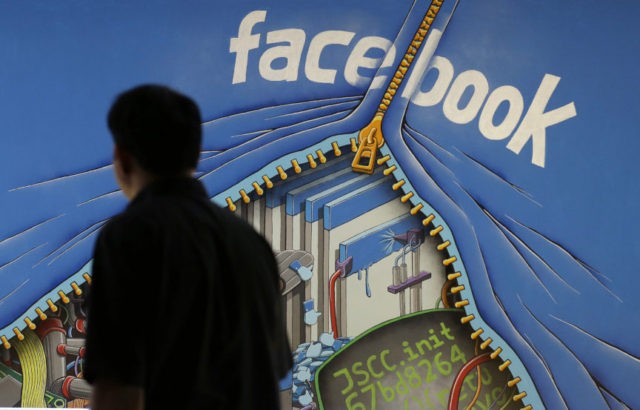Facebook has revealed that during the 2016 presidential election, Russian sources purchased political advertisements on the social media platform.
Variety reports that Facebook has revealed that Russian linked sources paid as much as $100,000 for approximately three thousand political advertisements across Facebook in 2015 and 2016. Facebook uncovered the information and shared with investigators examining Russian interference in the 2016 presidential election. Facebook claims that the advertisement sales were linked to a “troll” farm based in Russia called the Internet Research Agency that reportedly spread propaganda online. Most of the advertisements did not contain information about particular political candidates but rather focused on key political issues.
Facebook’s chief security officer, Alex Stamos, discussed the purchase of the advertisements by the Russian group in a blog post, writing, “In reviewing the ads buys, we have found approximately $100,000 in ad spending from June of 2015 to May of 2017 — associated with roughly 3,000 ads — that was connected to about 470 inauthentic accounts and Pages in violation of our policies. Our analysis suggests these accounts and Pages were affiliated with one another and likely operated out of Russia.”
According to Stamos, “the ads and accounts appeared to focus on amplifying divisive social and political messages across the ideological spectrum — touching on topics from LGBT matters to race issues to immigration to gun rights.” Stamos continued to say, “One question that has emerged is whether there’s a connection between the Russian efforts and ads purchased on Facebook.” He continued, “these are serious claims and we’ve been reviewing a range of activity on our platform to help understand what happened.”
Stamos stated that Facebook would be improving their efforts to crack down on bot accounts and misinformation and would take steps such as, “reducing stories from sources that consistently post clickbait headlines that withhold and exaggerate information.” Current Federal Law in the U.S. prevents any foreign sources from directly donating to candidates or causes in federal, state, or local elections, however, foreign sources are legally allowed to spend money on advertising related to particular political issues.
Meredith McGehee, the chief of policy, programs and strategy at the campaign and election reform group Issue One, commented on the revelations, “the fact that these ads are not public means it is impossible to determine if they threaded the needle described by the FEC. The fact that there are apparently ads that mention candidates directly seems to be a violation but again one would need to see the ad.”
McGehee stated that if there was substantial evidence, the FEC could open an investigation into the ads and file a subpoena to receive copies of them but so far there are no signs that the FEC is planning an investigation. McGehee discussed how new media may soon be regulated to prevent this sort of issue in the future saying, “if there is a wide spread perception that new media are providing effective means for foreign government to spend money aimed at U.S. elections, there will be a greater willingness to consider new approaches,” which may include tighter regulations on new media and social media companies.
Lucas Nolan is a reporter for Breitbart News covering issues of free speech and online censorship. Follow him on Twitter @LucasNolan_ or email him at lnolan@breitbart.com.

COMMENTS
Please let us know if you're having issues with commenting.